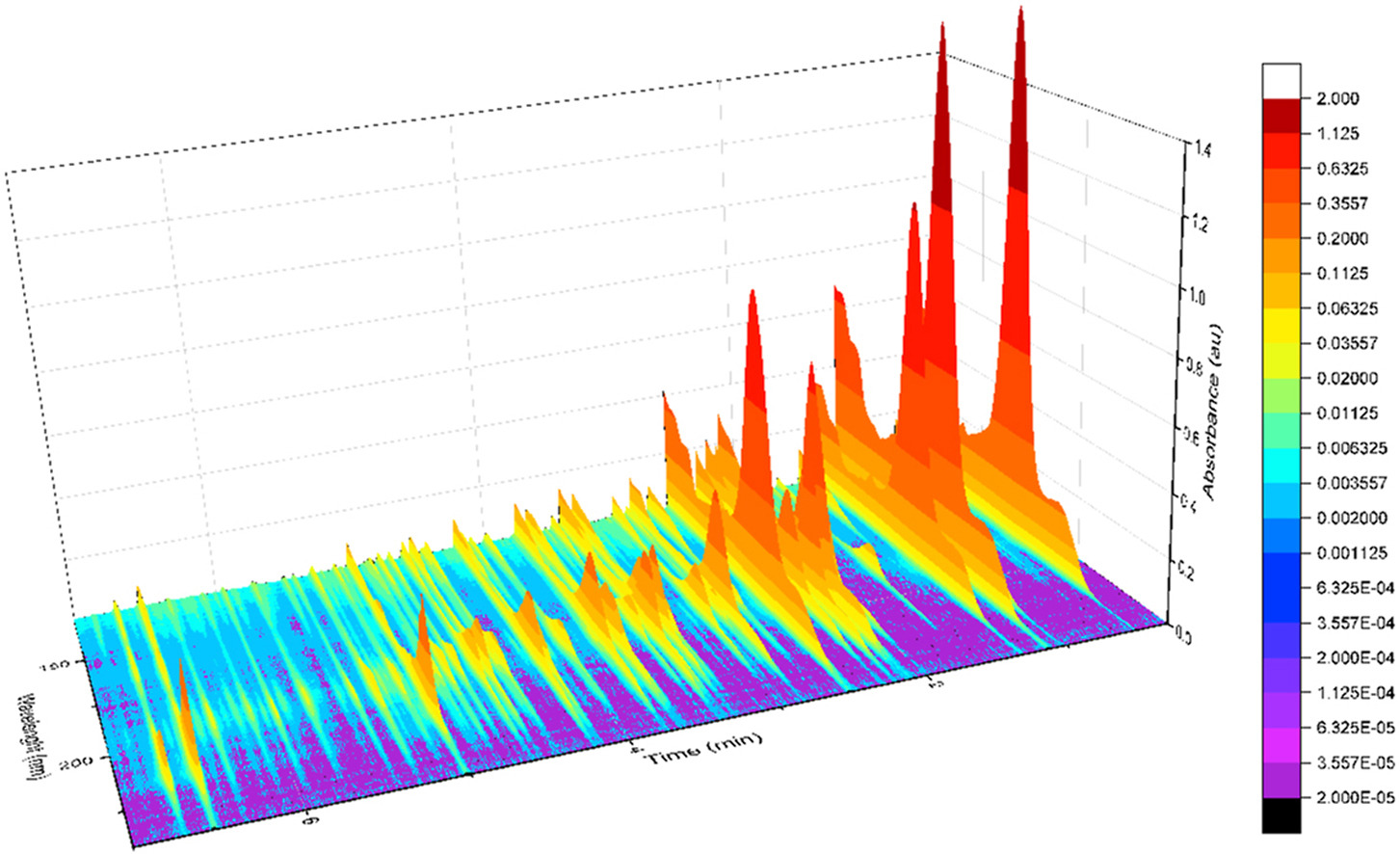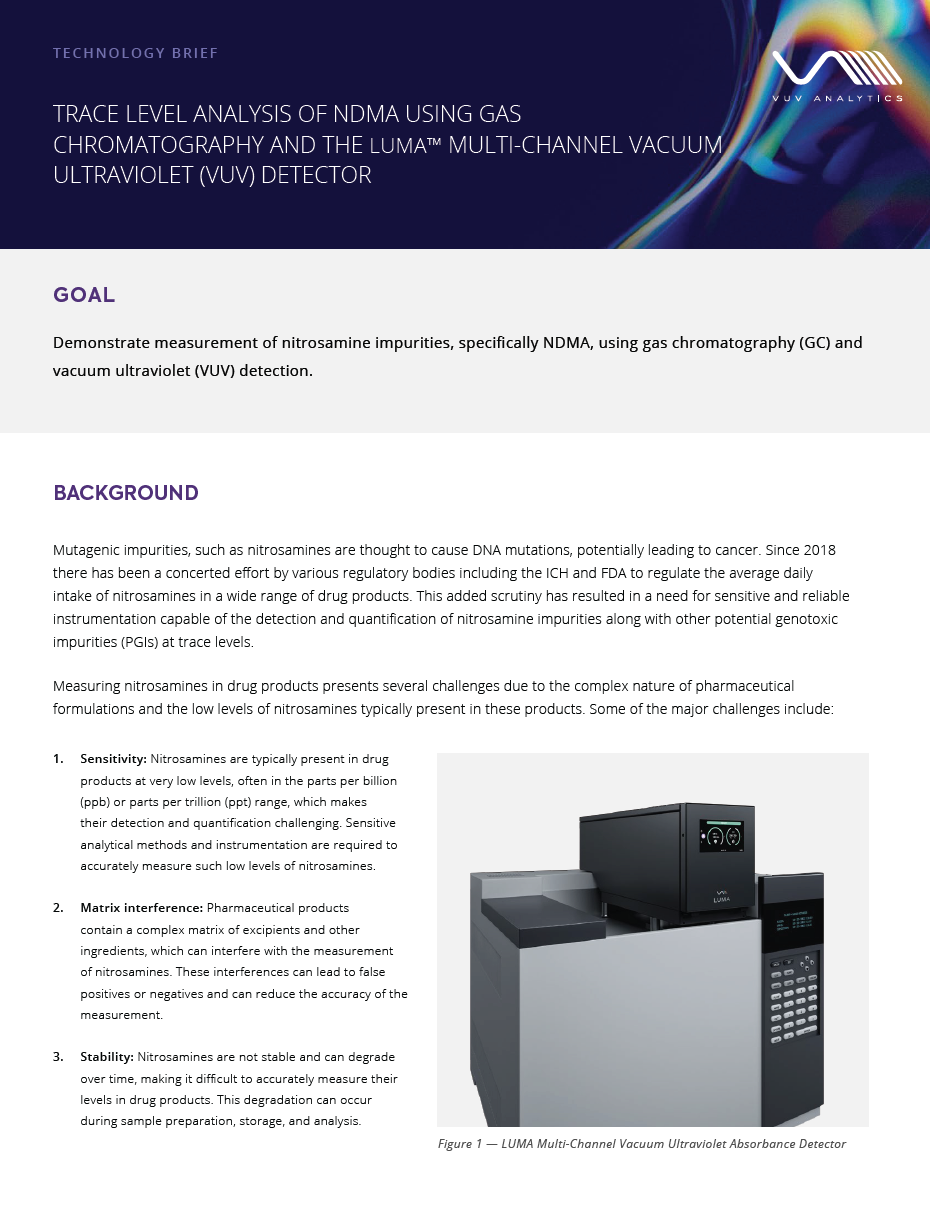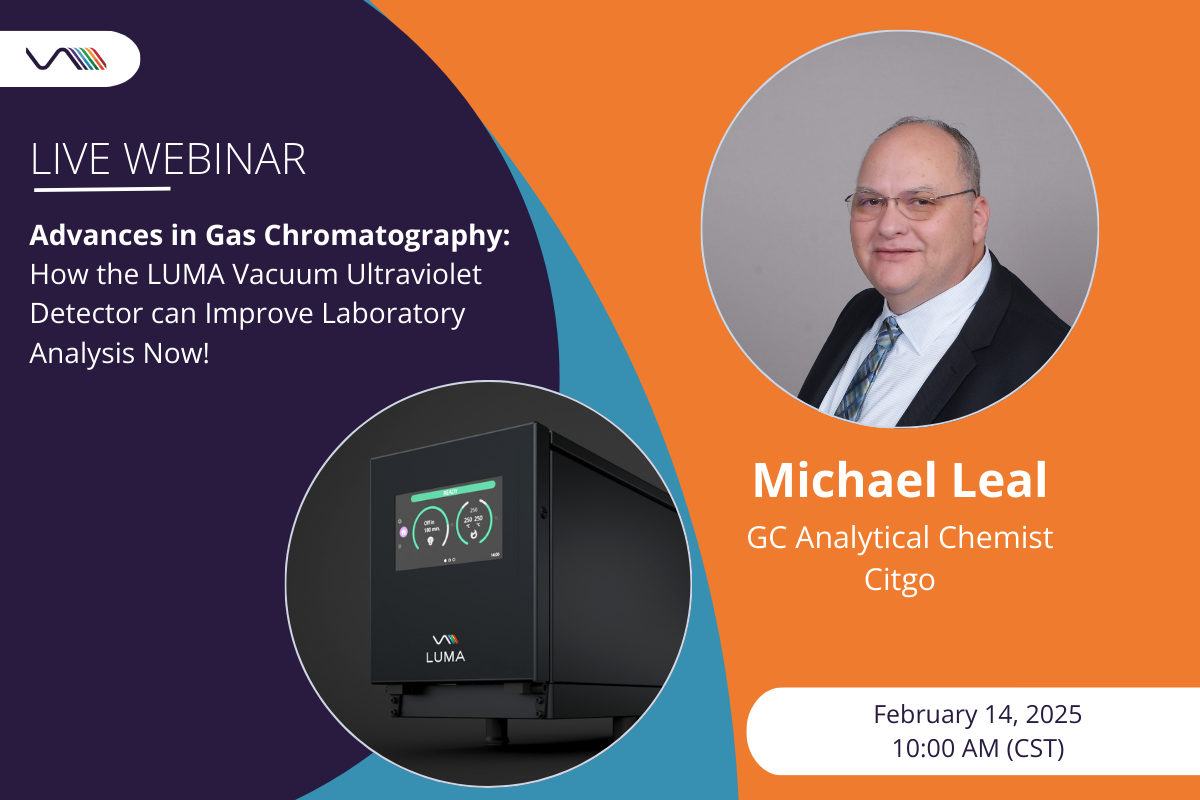Published Alex Hodgson on June 16, 2020
One question we often get from current and prospective customers is, should I be running ASTM D8071 or VHA™ for my gasoline analysis? My response is typically a couple questions in return: which reported results are important to you? Are you looking for EPA certification, basic PIONA analysis, more extensive analyte speciation, or something in between? Knowing the answers to these questions can really help you (and us) customize a method that meets all your needs. In this blog post we’ll discuss D8071, VHA, and what can be found in between.
If your goal is to certify your gasoline according to EPA and/or ASTM specifications, then D8071 is your only option. D8071 gives correlated values for aromatics (D5769 and D1319), benzene (D3606), olefins (D1319), and ethanol (D5599). However, D8071 is only meant for basic PIONA analysis and speciation of a few compounds (methanol, ethanol, isooctane, BTEX, and naphthalenes).
On the other end of the spectrum, VHA provides comprehensive speciation of up to 95% of a gasoline sample, as well as the PIONA and C# classing of D8071. It also works well with multiple stream types in the gasoline range, including naphthas, reformates, alkylates, and pyrolysis gasoline (PyGas). However, it does use a different column from the other GC-VUV methods for fuels (D8071, D8267, and diesel) and requires a cold start, which typically necessitates a cryogenic coolant like liquid CO2 or liquid N2. Many folks either don’t like using liquid cooling or can’t use it for lab/refinery safety reasons, but unfortunately a cold GC oven start is the best way to achieve adequate separation of many of the lighter compounds.
What if you’re looking for something in between? Normal D8071 gets you most of the way, but you’re looking for just a bit more speciation? Well, in most cases, this is not only possible but quite easily achievable! In fact, we have a number of customers who have “customized” their D8071 report methods to include other species that play nicely under normal D8071 GC conditions: dienes, especially conjugated dienes, are among the most frequently requested additions to D8071.
If you’re comfortable navigating VUV Analyze™ Software, I would encourage you to play around with the report method for some individual species. You can see how your current run and analysis conditions affect the matching and quantitation for individual species. A good match should yield a fairly Gaussian peak, even during co-elutions. If instead you’re seeing matches in scattered time slices, you know that Analyze is not able to make a good match given the current run and/or analysis conditions.
Some compounds like ethers (e.g., MTBE, ETBE, TAME) elute in a busy part of the chromatogram under normal D8071 GC conditions, so in these cases you will want to alter the run conditions in a way that improves the quantitation of your analyte(s) of interest. In fact, our current CEN method for gasoline analysis does this exact thing, using the normal 30m Type-1 column but starting at 5°C instead of 35°C in order to get better separation for MTBE. Again, I would encourage you to try some different GC conditions if you’re not getting good accuracy and precision from the normal D8071 parameters.
There’s usually no “right” answer when it comes to your analysis (unless, of course, you’re looking to certify your fuel). Just as your lab or refinery is looking at unique fuel streams for your own analytes of interest, your method should be tailored to your individual needs and goals. While both D8071 and VHA are great starting points for these analyses, ultimately you must decide which method conditions are best for you. And of course, we’re here to help! If you aren’t already in touch with one of our fantastic customer support staff, feel free to email support@vuvanalytics.com with your questions, and we’d be happy to assist in optimizing your method!










It is a question: If customer is interested in Dienes
analysis, can VUV supply the software upgrade to
run it ?
Hi Raul, yes we can certainly work with you and/or your customer to get a customized report for VUV Analzye. It shouldn’t require any software upgrades, so it should be relatively easy! Your sales rep will reach out to you for more information so we can better assist you.